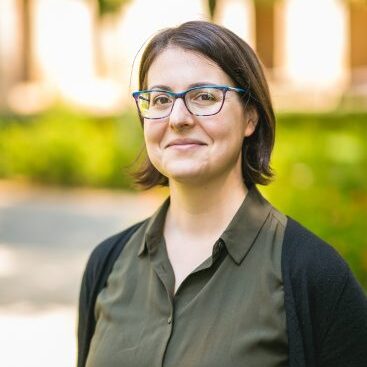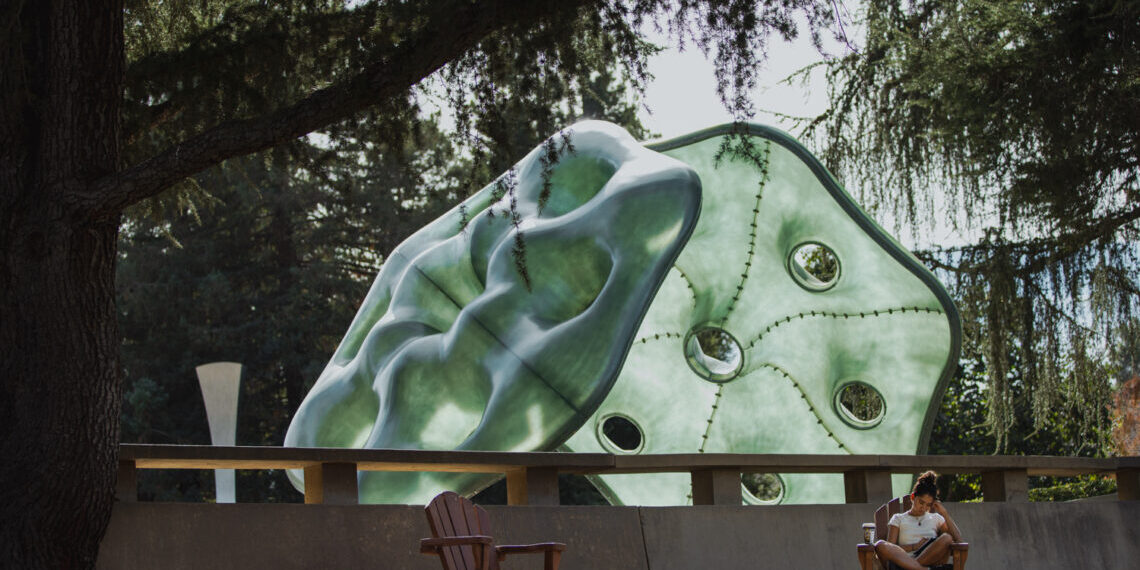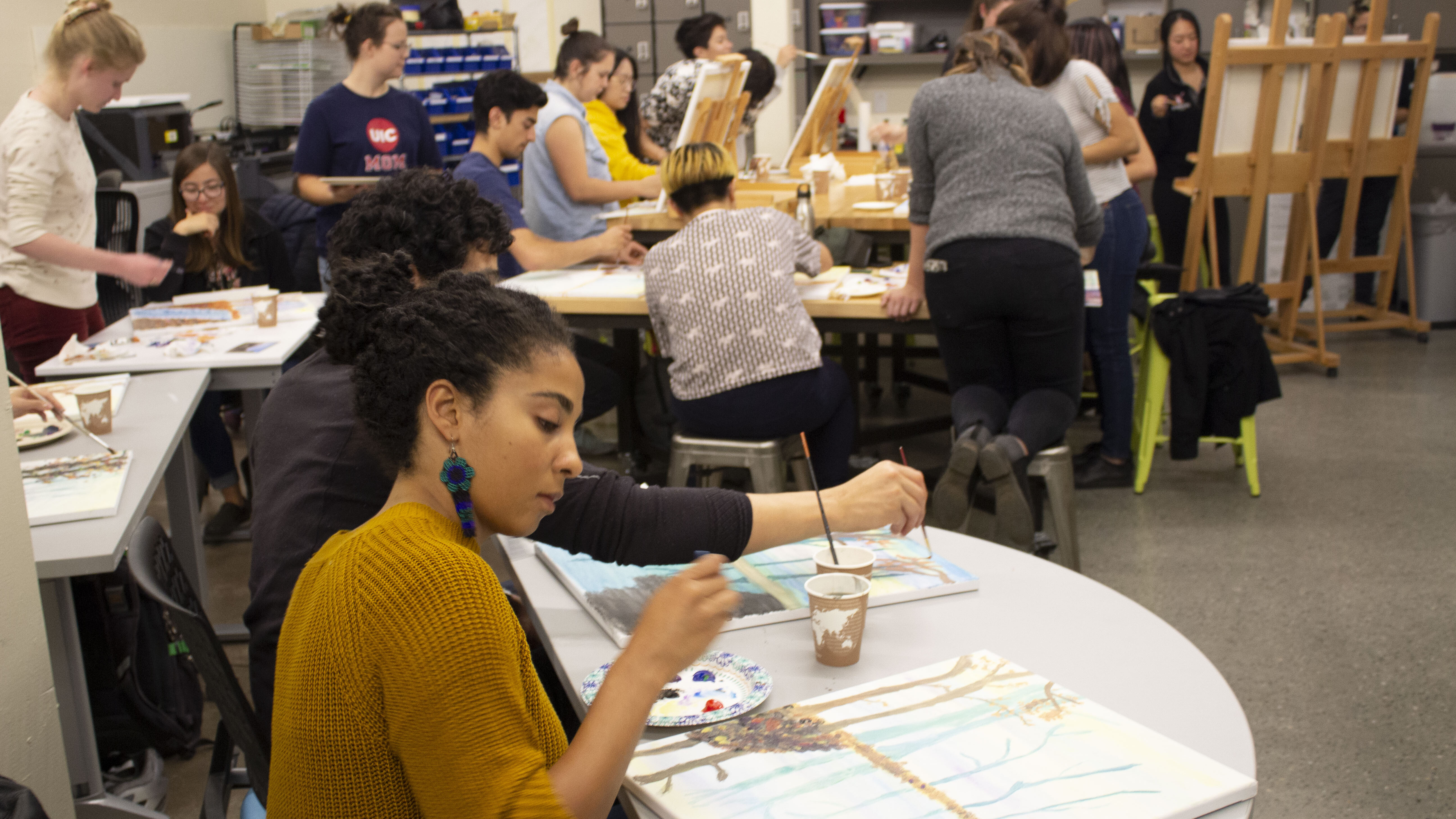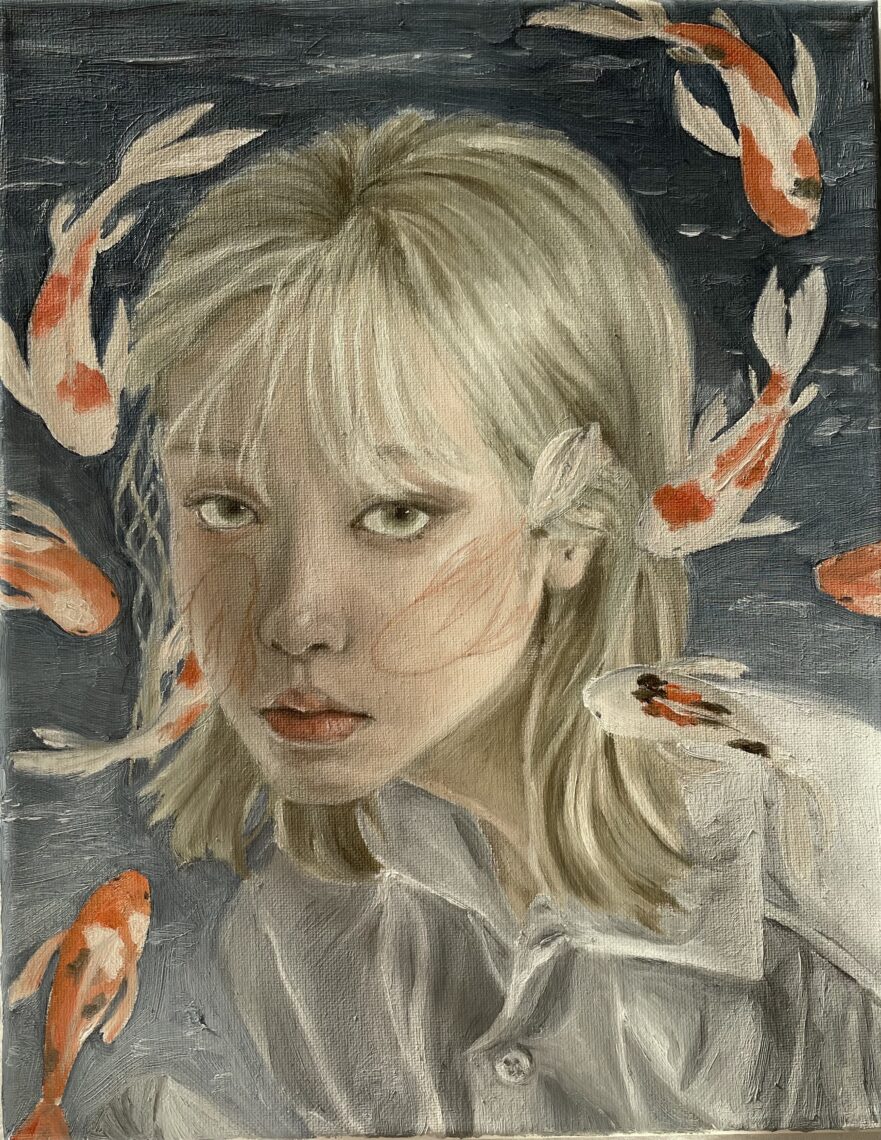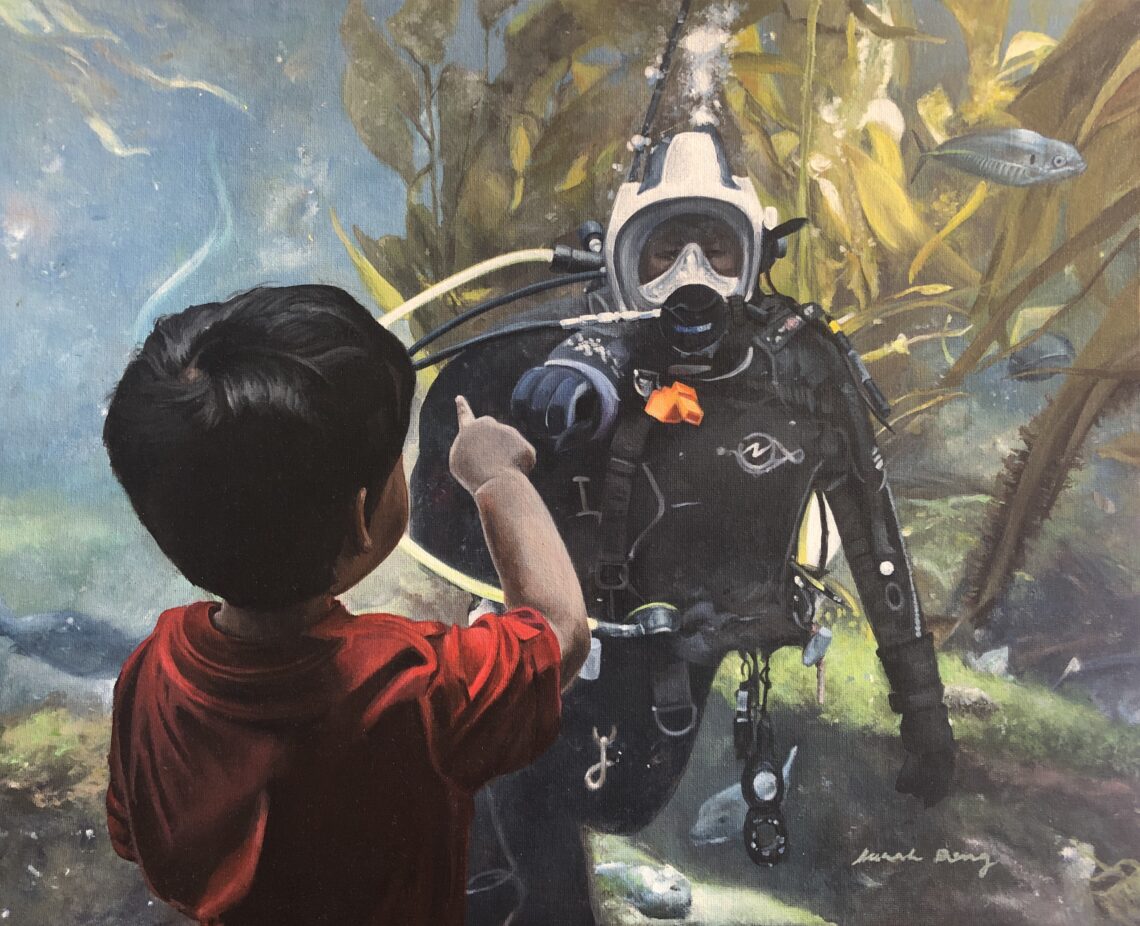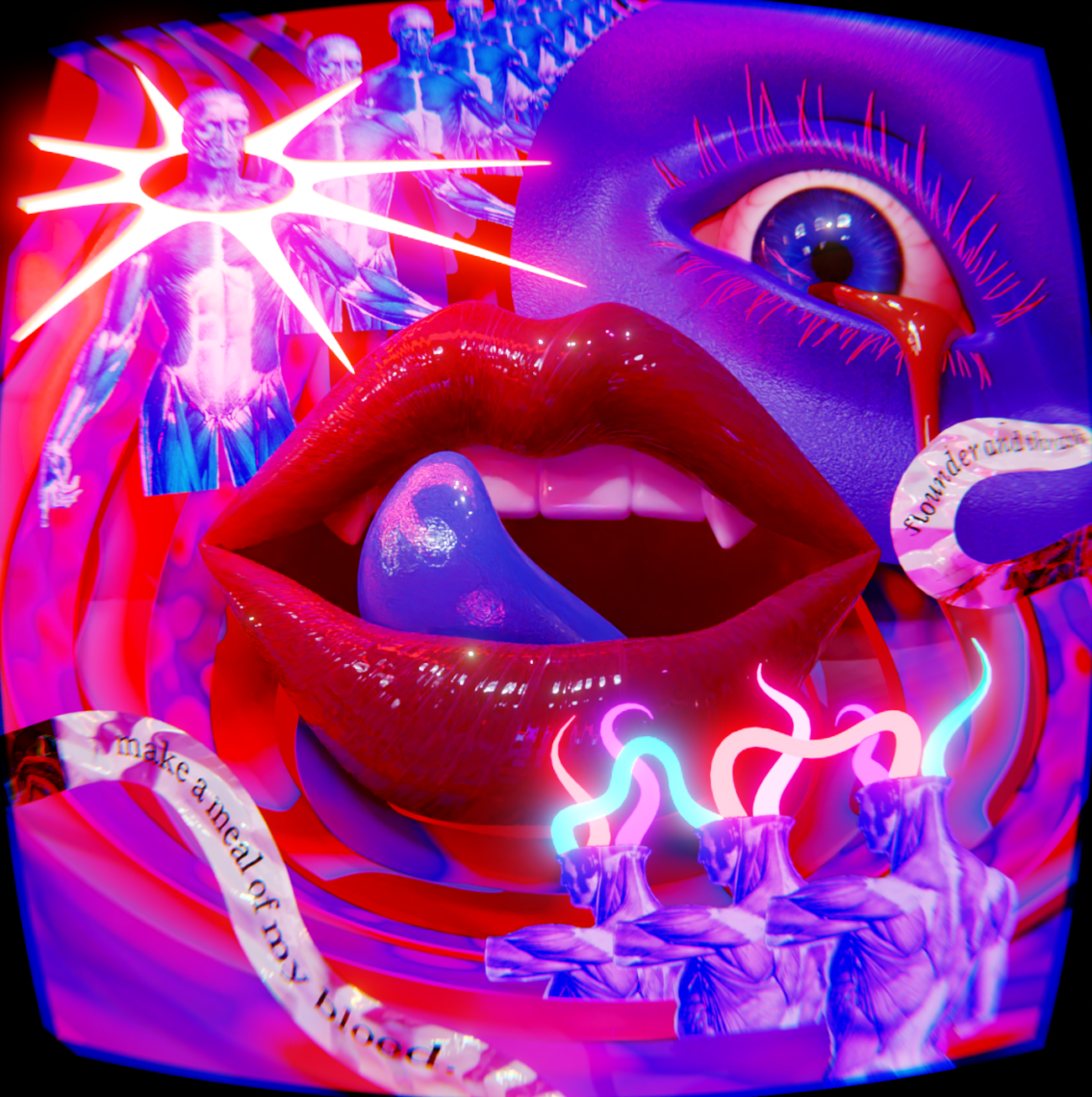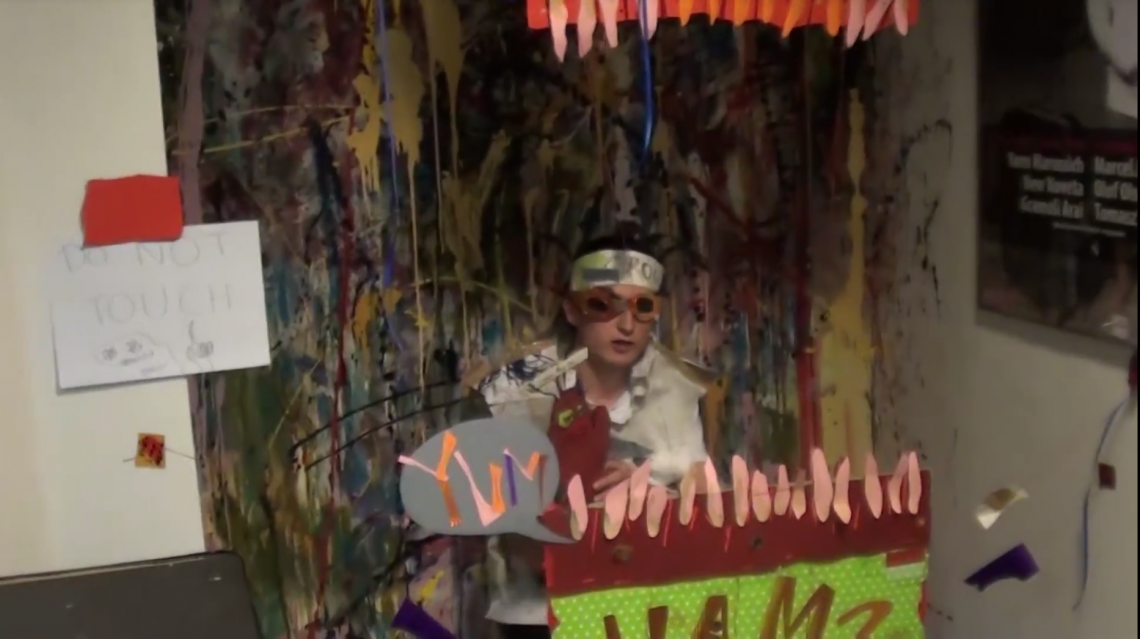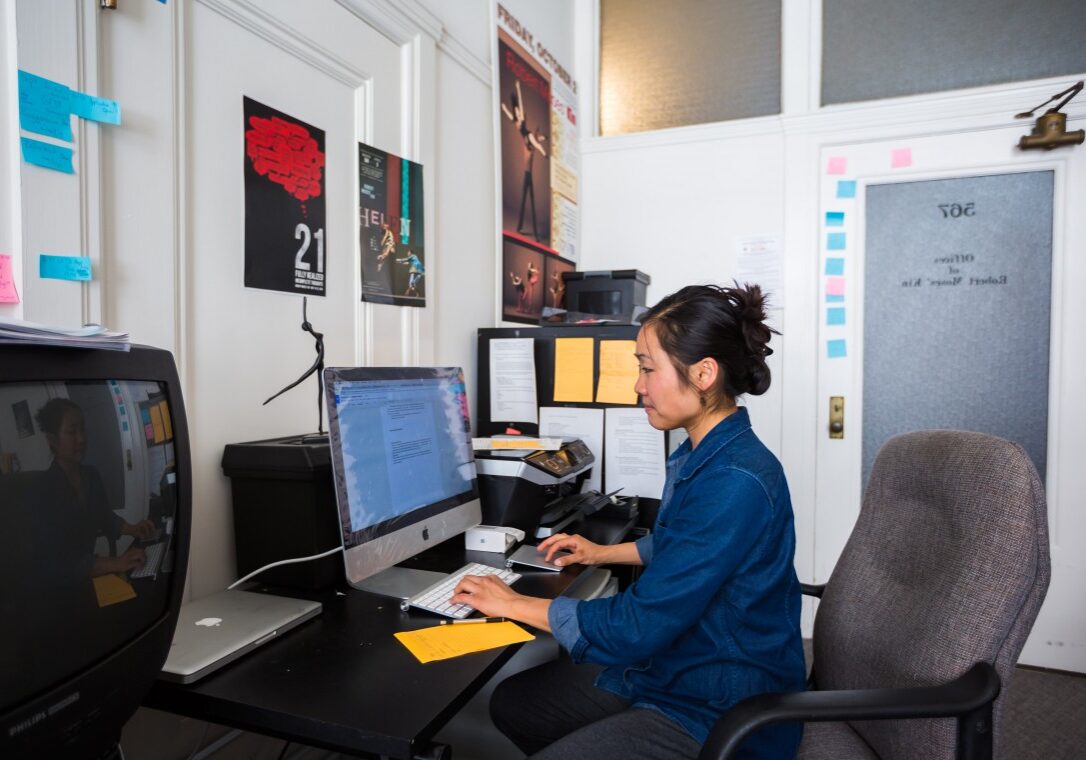
Learn
Arts Job & Internship Toolkit
Sign up for the ArtsUpdate to receive alerts for upcoming career exploration events and opportunities.
Find a Job or Internship
Starting Your Search
Career Coaching and Advising
- Stanford Career Education (CareerEd) offers 1:1 coaching for all Stanford students across a variety of industries. You can learn more about the CareerEd coaches and schedule an appointment in Handshake.
- Member of the Stanford Arts student engagement team are available to advise on arts career questions. Learn more about each team member and their areas of specialty.
Informational Interviews
An informational interview is an informal conversation with a professional who has experience working in a role, company or industry that interests you. They offer a unique opportunity to connect with and and learn from someone doing work that you might want to do in the future, while also building your professional network.
Arranging An Internship
You've found your dream organization--but they don't have any internship opportunities listed! Don't give up hope. Instead, consider sending them a "cold email" to start the conversation.
Preparing for Independent Living
In many cases, participating in a summer internship (and even your first post-Stanford job) involves a greater degree of independent living than what you encounter during the academic year. From finding safe and stable housing to meals to personal upkeep (rest, laundry, errands, etc.), it can feel like taking care of your self is its own full-time job.
As you develop your plans for summer and post-graduation work it's vital to factor in these additional responsibilities. Take advantage of the following campus resources to help you build your independent living toolkit:
- Mind Over Money: Mind Over Money equips students with a foundation to be financially well during their time at Stanford and beyond. Mind Over Money offers a variety of services including workshops, courses, and 1:1 coaching. Available to current students and recent alumni.
- Well-Being Coaching: Coaching can help you clarify values, set goals, adjust priorities, talk through challenges, and create your own vision for well-being.
- Nutrition Counseling: Meet with an RD/RDN (Registered dietitian/nutritionist) to understand and explore your unique nutritional needs.
- Stanford Living Education: Courses and workshops for educating the whole student to live, lead, and create a flourishing world for all.
Application Documents
Resume/CV
Resumes tell the story of your education and accomplishments. You may need to tailor the format and content of your resume depending on how it will be used (e.g. focusing on artistic achievements when applying for project grants, highlighting leadership experience when applying to administrative opportunities, etc.)
- Check out CareerEd's resume resources to help you get started.
- Looking for a way to blend "traditional" resume content with your artistic and creative achievements? Consider using a hybrid resume format. This style blends your academic, administrative/leadership, and artistic experiences into one document.
Cover Letter
Cover letters are a way to introduce yourself to potential employers. They showcase your skills and experience in a narrative format to highlight connections that may not be apparent solely through your resume. Many employers also use the cover letter as a way to evaluate your writing and communication skills.
- Career Education: Cover Letter Resources
Portfolio
Portfolios showcase your work as an artist/creative. They are a common requirement for application-based opportunities (such as funding, training programs, etc.) and creative opportunities. Our portfolio checklist will help you get started.
Artist Statement
- Hume Center Writing Tutors: Several of the Graduate Writing Tutors are available to assist with writing an artist statement. Read through their bios to find a tutor.
For Employers & Recruiters
The Arts at Stanford
Stanford is home to a vibrant community of artists, scholars, and supporters. Students have the opportunity to engage with the arts in many ways, including:
- Coursework and majors in one of the arts departments in the School of Humanities & Sciences
- Interdisciplinary hubs such as the Stanford Arts Institute (SAI) and the Institute for Diversity in the Arts (IDA)
- Living/learning communities such as ITALIC and Arts Intensive
- Attending events and exhibitions at campus arts venues (Cantor Arts Center, Anderson Collection at Stanford University, Stanford Live)
- Opportunities to engage with visiting artists embedded throughout the University.
- Participation in voluntary student organizations (VSOs) and informal arts activities
- Access to funding, space, and materials for creative projects
Recruiting Stanford Students
If you would like to share an internship or job opportunity with Stanford students we encourage you to share the details on Handshake, our campus job database. If you have questions about setting up your organization or opportunity in Handshake please contact the Stanford Career Education recruiting team (recruiting@stanford.edu.)
Learn more about other employer services offered by Stanford Career Education, including recruitment standards, job fairs, student coffee chats, on-campus interviewing, and more.
Didn't find what you were looking for?
Reach out with questions:
